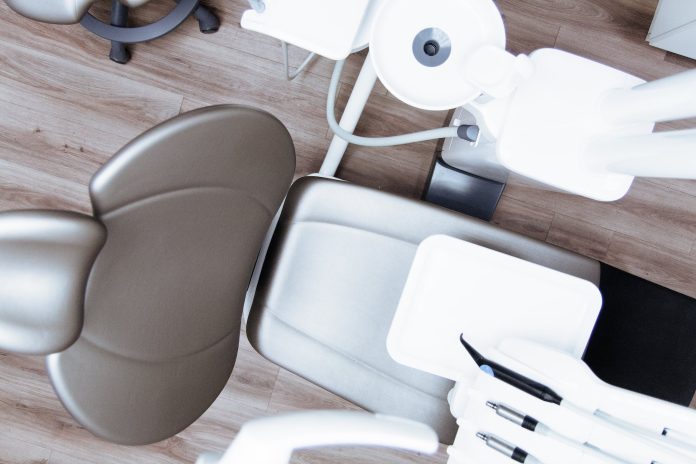Transforming Patient Monitoring and Care with IoT in Healthcare
The integration of Internet of Things (IoT) technology in the healthcare industry has revolutionized patient monitoring and care. IoT in Healthcare: Transforming Patient Monitoring and Care is a groundbreaking development that has captured the attention of healthcare professionals and patients alike. This article aims to provide an overview of this transformative technology, offering background information and exploring its various aspects.
Enhanced Remote Patient Monitoring
One of the key benefits of IoT in healthcare is the ability to remotely monitor patients in real-time. Through the use of wearable devices and sensors, healthcare providers can collect vital data such as heart rate, blood pressure, and oxygen levels. This data is then transmitted to healthcare professionals, enabling them to monitor patients’ health conditions from a distance. This remote monitoring allows for early detection of potential health issues, timely interventions, and improved patient outcomes.
Improved Medication Management
IoT in healthcare also plays a crucial role in medication management. Smart pill dispensers and medication reminder systems are examples of IoT devices that help patients adhere to their medication schedules. These devices send reminders to patients’ smartphones or other connected devices, ensuring they take the right medication at the right time. Additionally, IoT-enabled medication tracking systems provide real-time updates on medication inventory, preventing stockouts and improving overall medication management.
Efficient Hospital Operations
IoT technology has the potential to streamline hospital operations, leading to increased efficiency and cost savings. Through the use of IoT devices, hospital staff can monitor equipment performance, track inventory levels, and automate routine tasks. For example, IoT-enabled asset tracking systems can help locate medical equipment quickly, reducing time wasted searching for essential tools. Furthermore, IoT-based temperature monitoring systems ensure optimal storage conditions for medications, vaccines, and blood products, preventing spoilage and waste.
Enhanced Patient Experience
IoT in healthcare also enhances the overall patient experience. Connected healthcare devices and applications enable patients to actively participate in their own care. For instance, wearable fitness trackers can provide patients with real-time feedback on their exercise and activity levels, motivating them to adopt healthier lifestyles. Moreover, IoT-enabled telemedicine platforms allow patients to consult with healthcare professionals remotely, eliminating the need for unnecessary hospital visits and reducing waiting times.
Data Security and Privacy Concerns
While IoT in healthcare offers numerous benefits, it also raises concerns regarding data security and privacy. With the increasing amount of sensitive patient data being collected and transmitted, it is crucial to ensure robust security measures are in place. Encryption, secure data storage, and strict access controls are essential to protect patient information from unauthorized access and potential cyber threats.
In conclusion, IoT in Healthcare: Transforming Patient Monitoring and Care has revolutionized the healthcare industry by enabling remote patient monitoring, improving medication management, streamlining hospital operations, enhancing the patient experience, and raising data security concerns. As this technology continues to evolve, it holds immense potential to transform healthcare delivery, improve patient outcomes, and drive innovation in the medical field.


